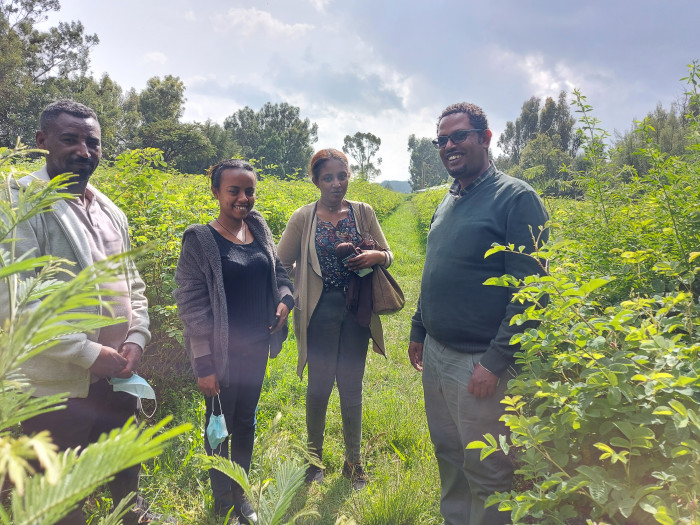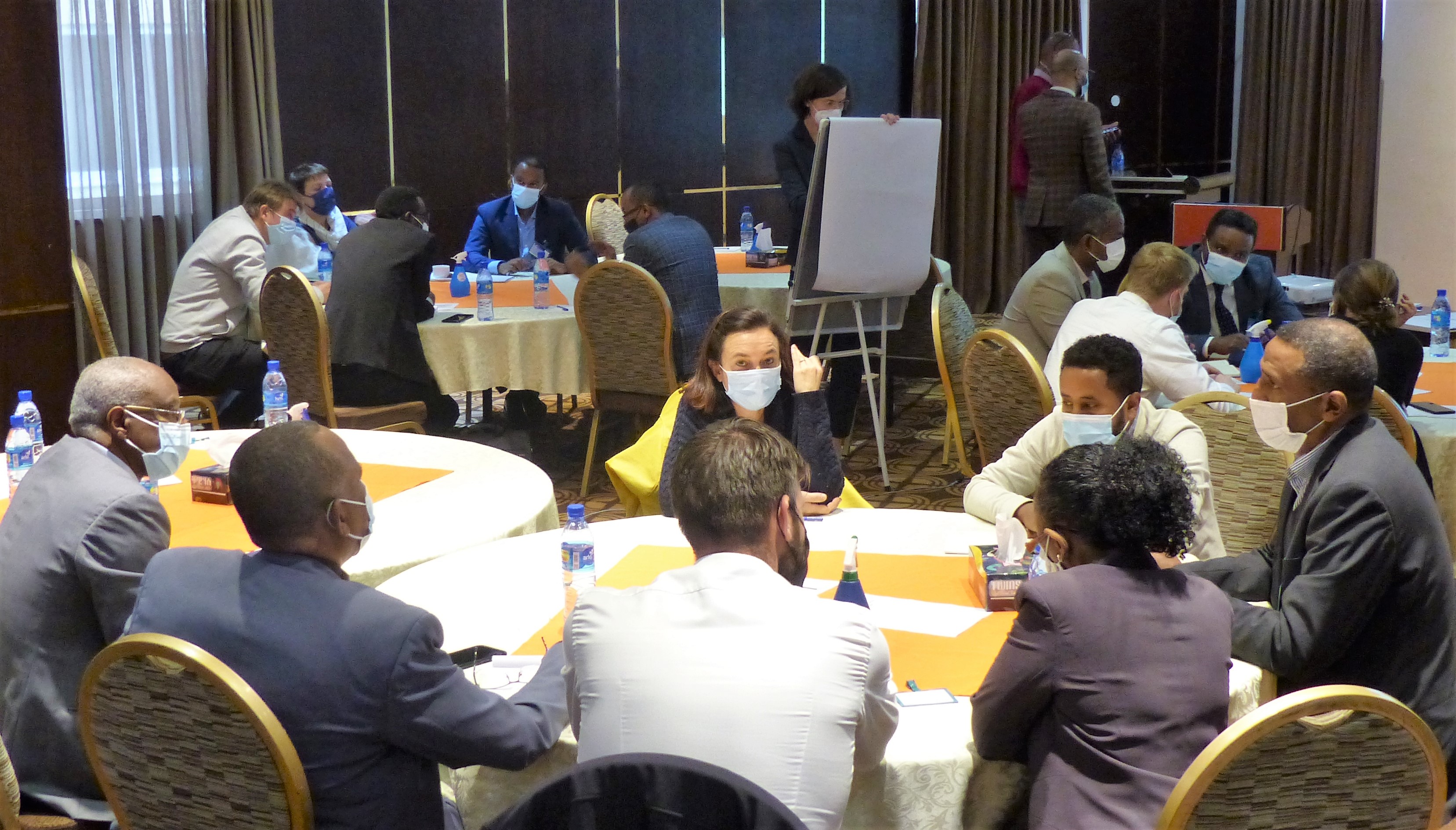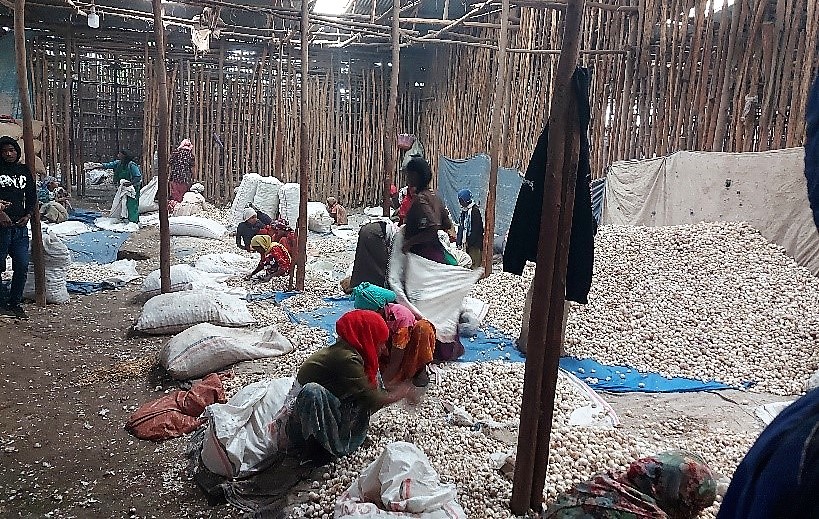
AFC’s experts are currently in the field conducting a study on barriers to agricultural finance in Ethiopia, on behalf of GIZ. We are proud to successfully contribute to the much-needed research on this topic.
Background
Small and medium sized enterprises (SMEs) are the backbone of agricultural value chains in most developing countries. They aggregate the outputs of smallholder farms, for example as traders and off-taking processors. However, SMEs often lack access to finance to play their roles, to leverage on their own investment, and to generate economic growth. Many of them are neither served by commercial banks nor by microfinance institutions. This is called the “missing middle” phenomenon. Although this issue is well known, there is surprisingly little empirical evidence of the reasons, which can range from lack of bankers’ skills or willingness to develop agricultural finance products that serve agricultural SMEs, to SMEs’ limited business management and investment planning skills.
With this project, GIZ aims to contribute to a common understanding of the barriers to agricultural finance for SMEs in the Ethiopian agricultural sector, to serve as a basis for future targeted interventions to overcome barriers.
Our work
To avoid overlaps, AFC conducted a thorough literature review identifying research gaps and formulated research questions accordingly. The findings were validated through a half-day workshop in Addis Ababa. Key stakeholders of the Ethiopian financial sector attended the workshop. Also, international donors like KfW, USAID, and the World Bank took part electronically in the workshop.

Stakeholders discussing during one of the validation workshop’s breakout sessions.
To find answers to the question of the nature of SMEs’ barriers to agricultural finance, AFC currently has a team of national and international experts on the ground in Ethiopia. They are conducting a survey with around 60 SMEs (i.e. enterprises with 5-100 employees), in different and also rural regions of Ethiopia. To get a holistic picture, AFC interviews SMEs with and without access to formal finance. The SMEs are purposefully selected to cover different value chains, for example cereals, fruits, vegetables, apiculture, dairy or cattle-for-meat. They also embody different roles within each value chain. Some are input suppliers or work in production, in agro-processing and transport, or in the area of wholesale, retail, and export. Businesses visited so far operate for example as seed multiplication enterprises, animal feed production, food processing, agri-equipment rental and flour factories. Motivating the SMEs to participate in the 1-hour interviews can be challenging at times, but the results will shed critical light on their barriers to finance.
In addition to the SMEs (demand side), our experts are conducting interviews with financial institutions (the supply side). The supply side interviews are held with around 15 commercial and micro finance banks, insurance and leasing companies in Addis Ababa. In one-on-one interviews they are asked questions like “What are the reasons for your financial institution to not offer agri-finance to SMEs?” or “When rejecting a loan application, what usually is the main reason?”

One of the interviews was conducted with an entrepreneur operating in the garlic value chain.
Outlook
In the coming weeks, we will finalise the field study, analyse the collected data and present the new findings. This will help us to develop concrete recommendations and formulate options for GIZ pilot interventions to address key barriers to agricultural finance for SMEs.
